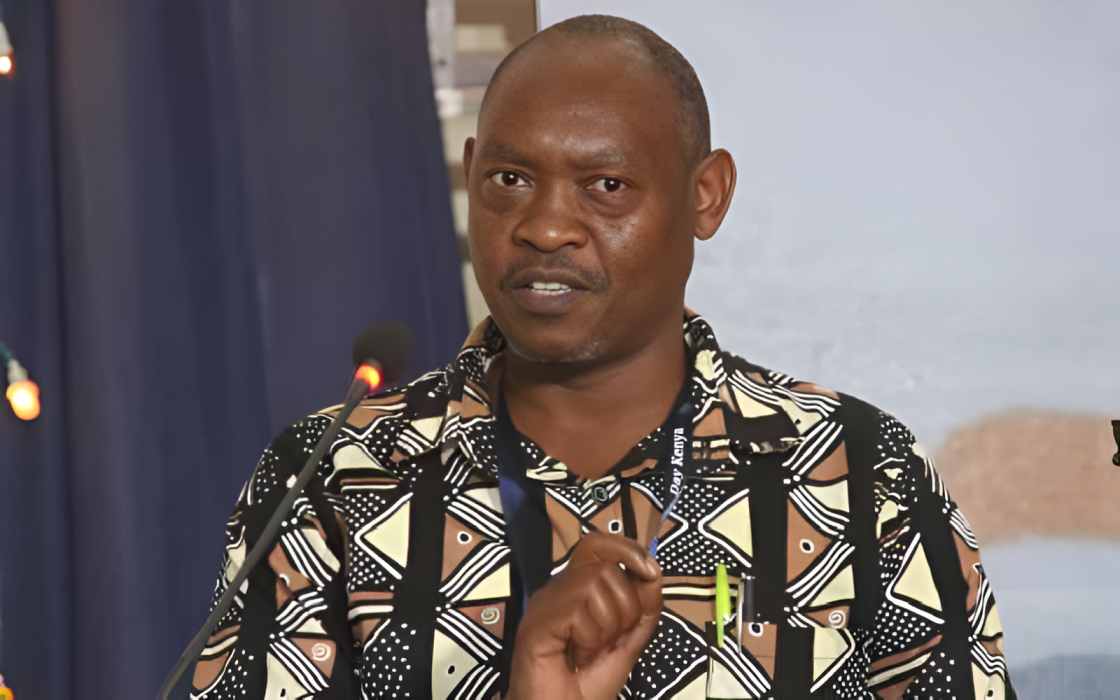Cash crunch threatens closure of special schools, warns KUSNET

Torome stated that the association had convened a meeting with officials from the Ministry of Education’s Directorate, during which they reached a consensus on the urgent release of the funds.
More than 2,000 special schools across Kenya risk being shut down within the next two weeks due to delays in disbursing government capitation funds—a situation that has also disrupted learning in primary and secondary institutions nationwide.
According to the Kenya Union of Special Needs Education Teachers (KUSNET) and the Special Schools Association of Kenya (SHAC), recent government budget cuts to the education sector are threatening to reverse hard-won progress in special needs education.
KUSNET Secretary General James Torome expressed concern over the growing uncertainty among educators and learners with disabilities, attributing the distress to prolonged funding delays.
Torome stated that the association had convened a meeting with officials from the Ministry of Education’s Directorate, during which they reached a consensus on the urgent release of the funds.
"We discussed various challenges facing learners with disabilities and came to a unanimous agreement that the funds should be disbursed to schools promptly," he said.
Speaking to the media following a consultative forum in Naivasha, the General Secretary of KUSNET raised concerns over the government’s decision to slash the Ministry of Education’s budget by Sh62 billion, cautioning that such a move could severely disrupt the country’s education sector.
"As a union, we caution the government that these budget cuts threaten to paralyse learning and could trigger a nationwide crisis," he stated.
Accompanied by fellow union officials, he further urged political leaders to steer clear of matters affecting teachers' welfare, such as hardship allowances, noting that such benefits were negotiated, agreed upon, and formally filed in court.
"We are urging the Teachers Service Commission to act swiftly and engage the unions before the current 2021–2025 CBA expires, so that a new agreement can be signed ahead of the upcoming budget," he said.
KUSNET National Chairman, Peter Sitienei, added that one of the biggest challenges schools are grappling with is the delayed disbursement of grants and capitation funds.
He expressed concern that the ongoing financial crisis had left many schools unable to pay non-teaching staff and suppliers, some of whom had already withdrawn their services.
"We’re facing serious challenges in supporting learners with special needs, largely because we haven’t paid non-teaching staff or suppliers," he noted.
Sitienei, however, welcomed the move to include learners with special needs in the bursary programme, terming it a step in the right direction.
